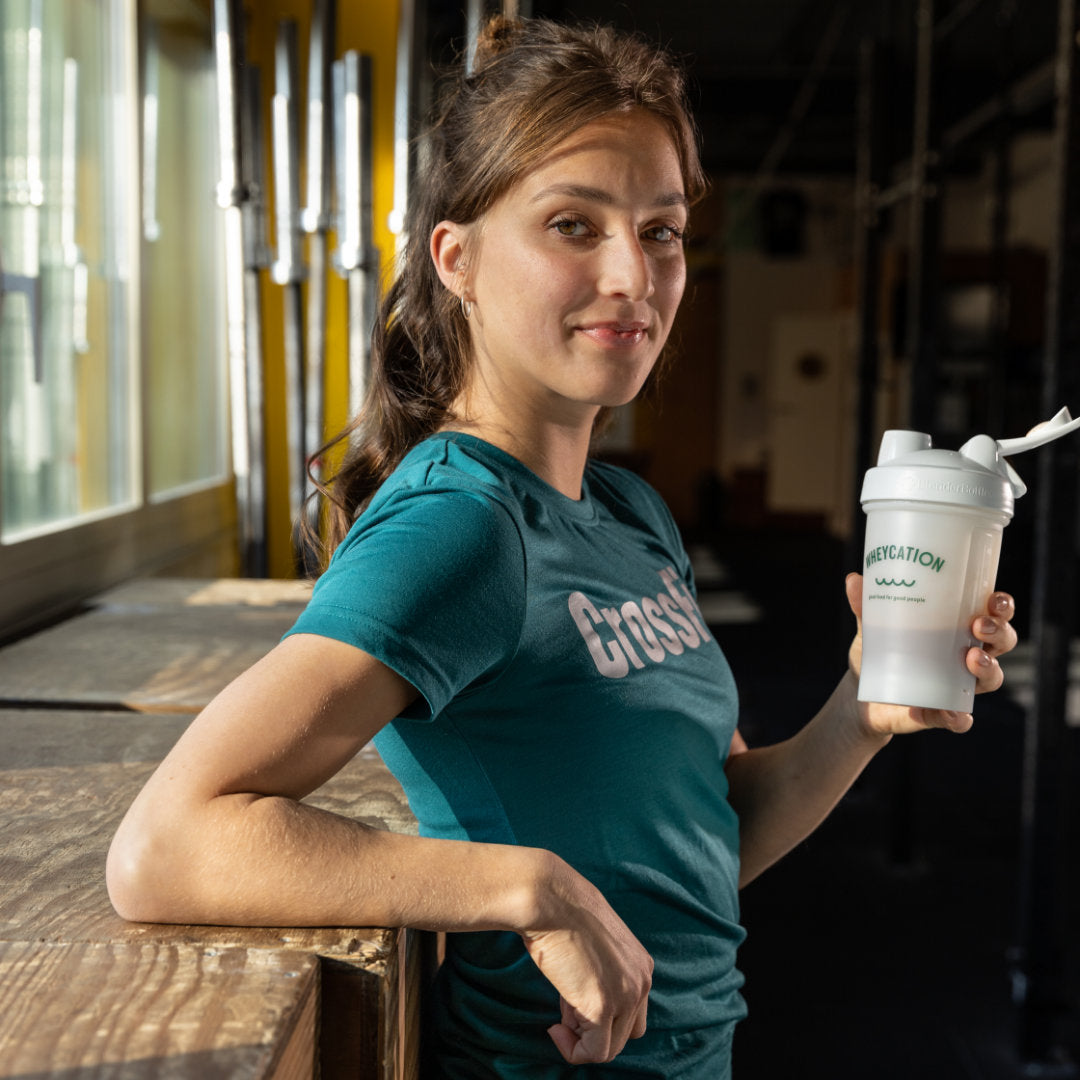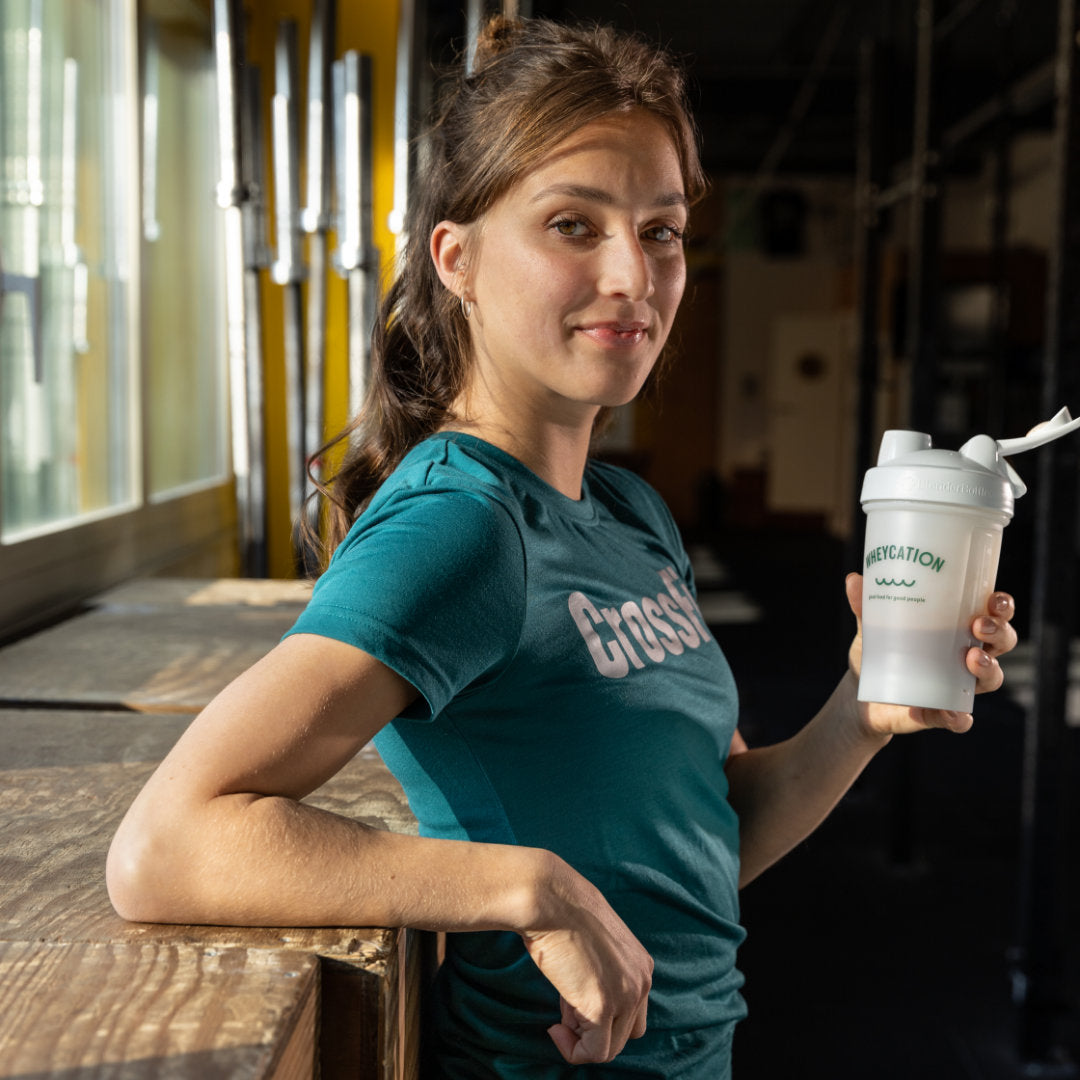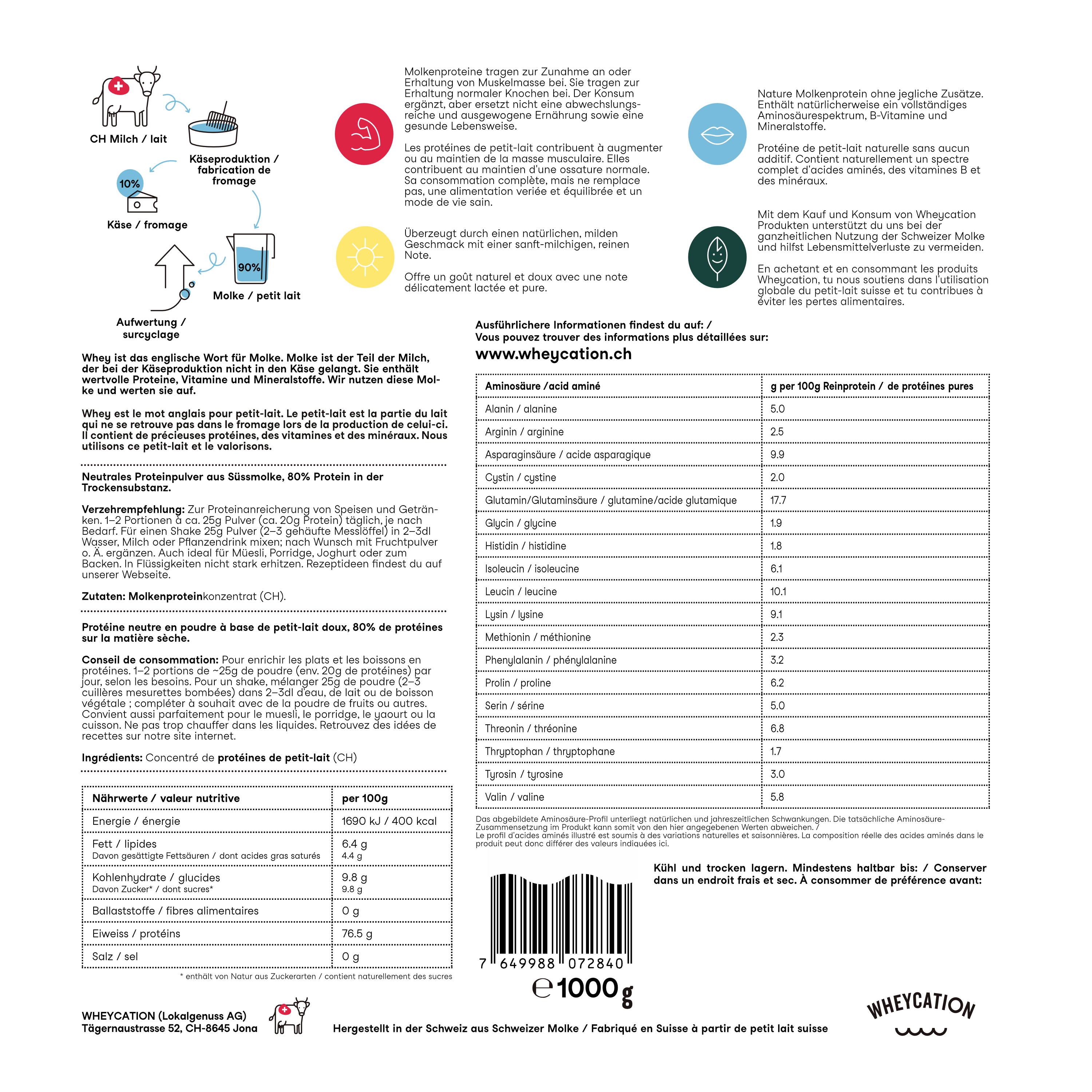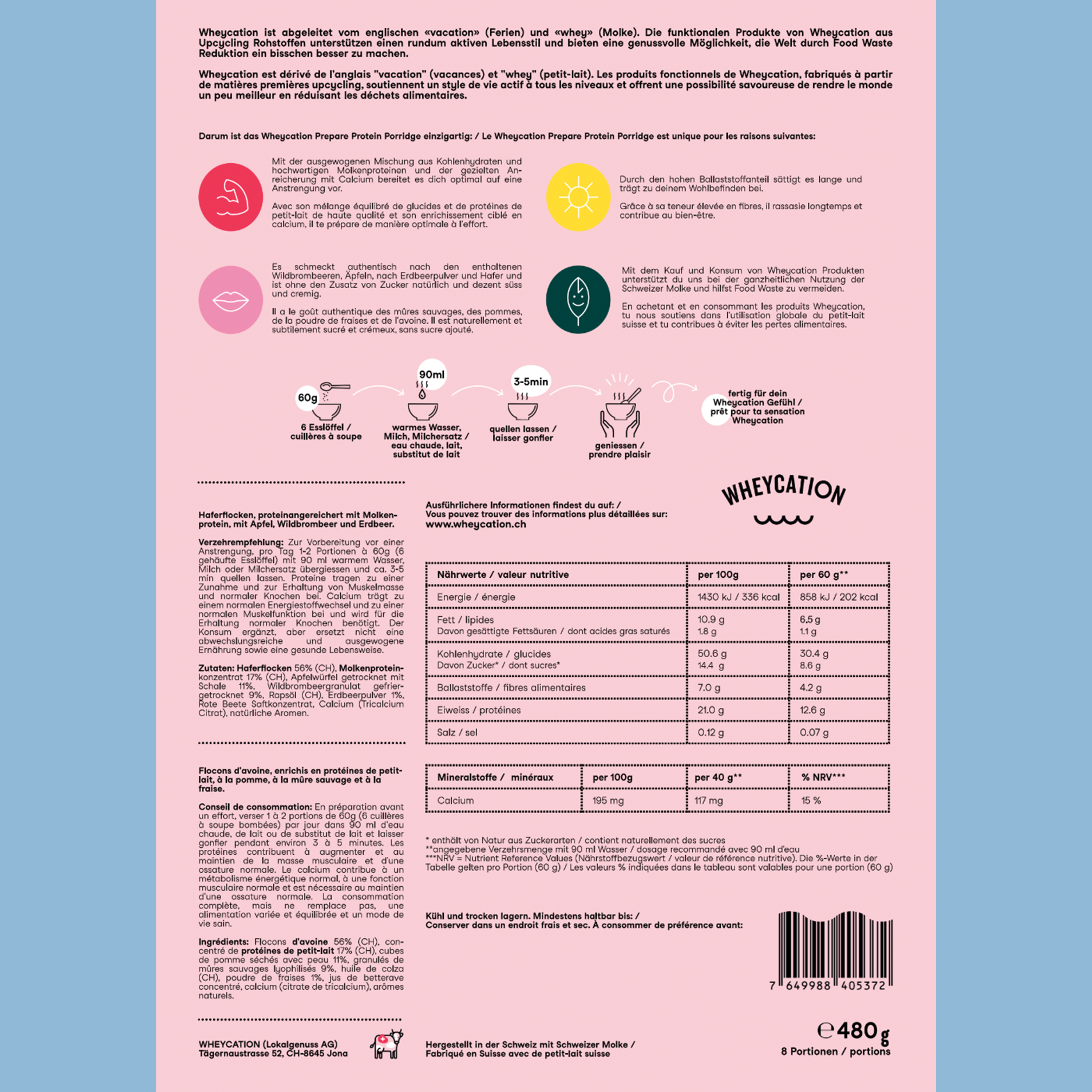Sometimes it can be hard to find the motivation to train after 8.5 hours of work in the cold, wet, and dark. We asked our ambassadors how they motivate themselves to train and compiled their tips.
For outdoor training, weatherproof clothing is essential to finding the motivation to go for an evening ride on your bike or on foot. Experience has shown that you should dress so that the first ten minutes feel relatively fresh. Otherwise, you may end up sweating excessively afterward once your body has reached its operating temperature. If everything is ultimately right, training in bad weather and darkness can feel truly liberating. You're out alone, braving the adverse weather conditions, and can distance yourself from your daily routine. Depending on the intensity, your mind regains the capacity to work on new ideas and goals.
Tips from Stefan Peter (ultramarathon runner)
Don't put yourself under pressure—not even from yourself! Enjoy the off-season with the couch, Netflix, and other content, and celebrate. Get plenty of rest, rejuvenate with delicious food, deep sleep, and some planning for your next goal. Take your time if your event is later in the year. Whether your training starts on January 1st or January 31st usually doesn't matter.
If the goal is far away and sounds big and unattainable, it can be demotivating and the subconscious won't engage with it. So block this out and motivate your thoughts with lots of small rewards in the sense of successfully completed training sessions. Break the time until the goal into milestones (macrocycle). Simplify the milestones into even smaller goals – for example, into weekly segments (mesocycle). Divide the weekly segments into small training groups. A group can be one week or a phase of three to nine days. Set priorities and set a climax in this phase. Be flexible if a training session doesn't go as planned. You have several training sessions per week, which makes it more relaxed.
If you like, you can even set a goal for each individual training session and try to achieve it (microcycle). Is it a big deal if you don't reach it this time? Not really, because every training session contains something you can take with you for the next one. Didn't reach your speed or distance goal? But you ate well or tried new food, were dressed correctly, successfully tested new equipment, or your technique was good. These are all successes too! It's also important to react during training and change the session if something isn't right. For example, simply do a long warm-up and finish the training with short, tough hill intervals.
If you prefer a less structured workout, you can also post short notes somewhere outlining what you plan to train over the next two weeks. For example, one long and one short workout, one intense workout, and one strength training exercise. Once you've completed one more workout, it's much more motivating than writing down all your workouts and continually crossing them off.


























Split: